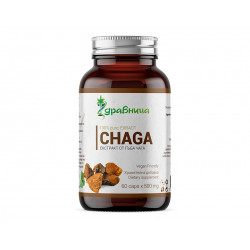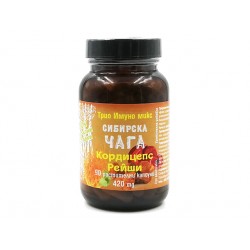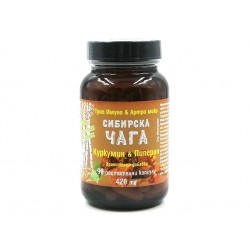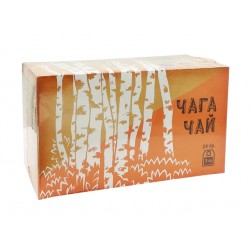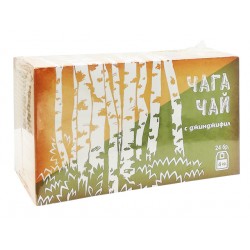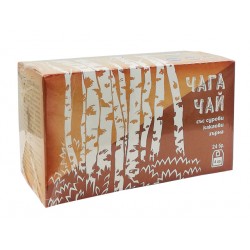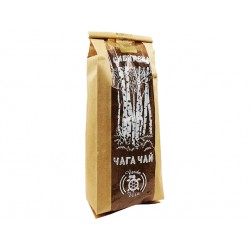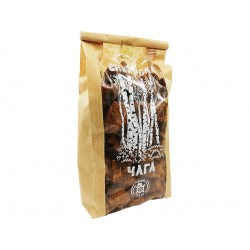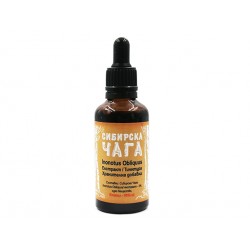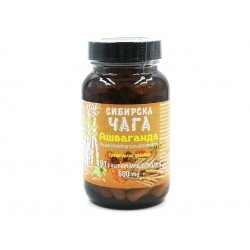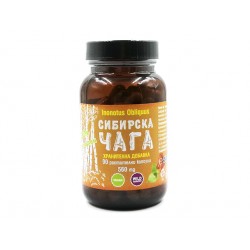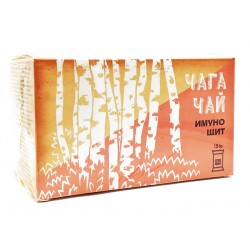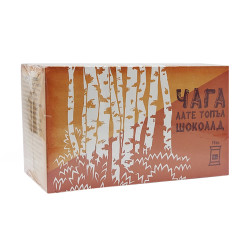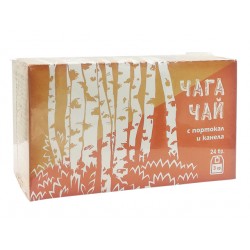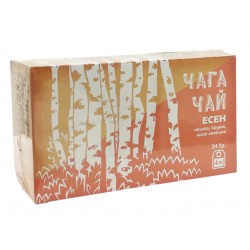Have you heard of the chaga mushroom? They call it the mushroom of immortality, the new superfood, a powerful immunostimulant, the magic medicine of nature. It grows on old, often rotting birches and that is why it is also called an old birch fungus. Although unsightly in shape and color, in ancient times it was valued as a natural wonder. In Siberia and Central Asia, people have been drinking chaga tea since time immemorial, believing that it helps the body with even the most serious diseases, even cancer.
In his novel "Cancer Ward" (1968), Nobel laureate Aleksandr Solzhenitsyn wrote that in Siberia, where his concentration camp was located, peasants did not suffer from cancer despite appalling poverty. They could not afford expensive teas and drank mushroom tea, which they collected from rotten birches. Today, dried Siberian chaga and Siberian chaga tea are also sold in Europe (you can find a wide range of chaga products in Zdravnitza), so what does chaga help with?
About half a century ago in Russia, Finland, Japan, USA, Korea and China began to produce various medicinal products from chaga - herbal syrups, tea, extracts, tinctures, infusions, flours of dried mushrooms, as well as to use it in medicines.
Chaga's research has shown that in addition to valuable trace elements, it also contains betulin (a substance that birch produces and the fungus "absorbs") and beta-D-glucans (a type of polysaccharide) that strengthen the immune system and stimulate the fight against inflammation and tumors. the body.
Studies have also confirmed the findings of ancient healers that the fungus acts as an antiseptic on the skin, and internally strengthens the heart (with its high potassium content) and the digestive system (for ulcers and gastritis). Regulates blood pressure, calms the nervous system, helps with hormonal balance. We can continue the list of useful qualities of chaga.
And whether we believe it or not, it does not prevent us from trying chaga tea. And to thank for the infinite generosity of nature.




